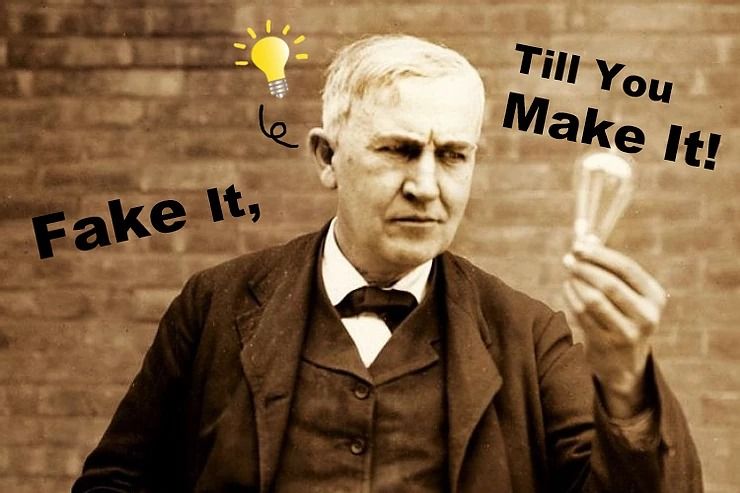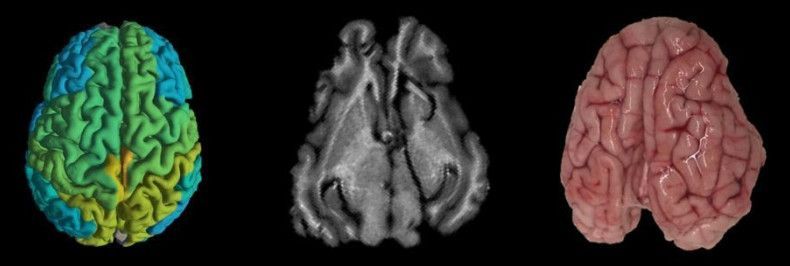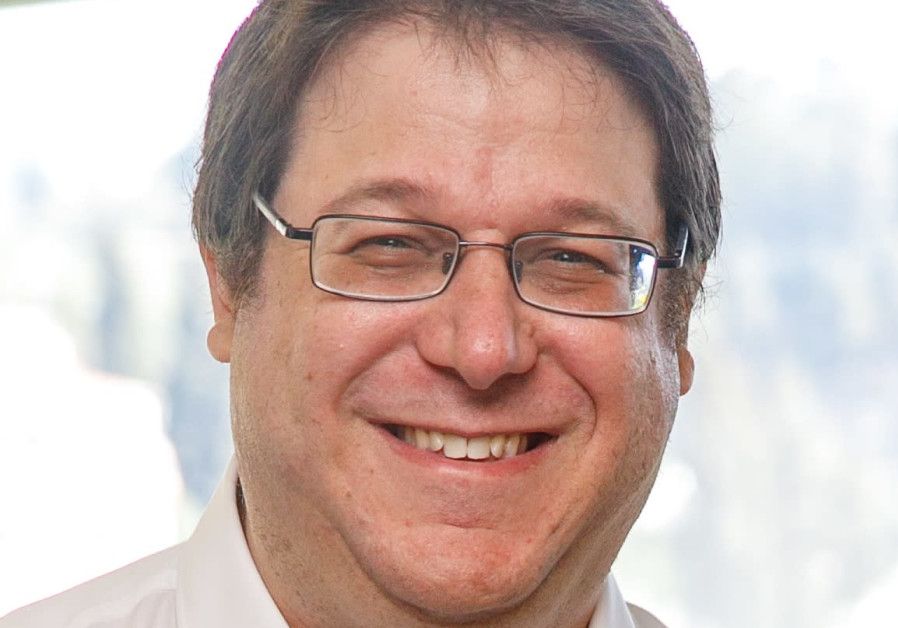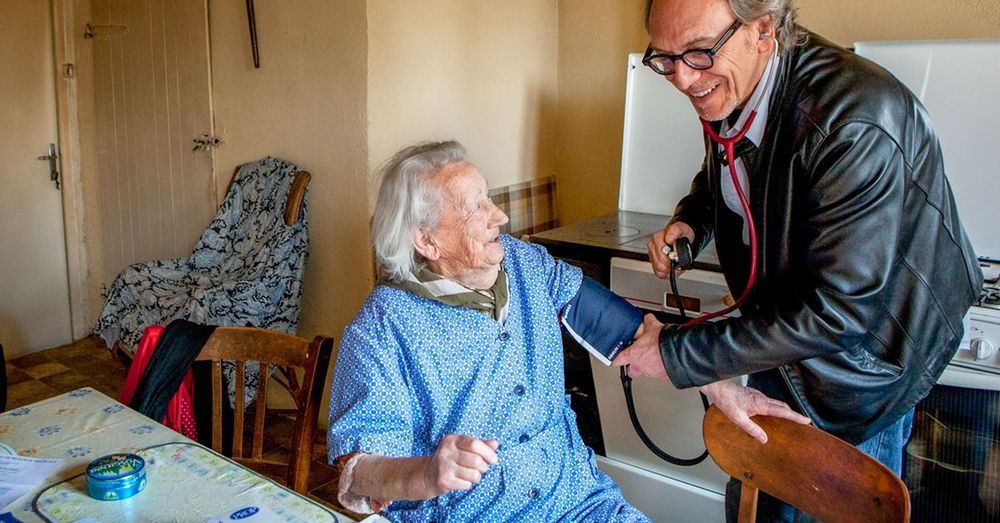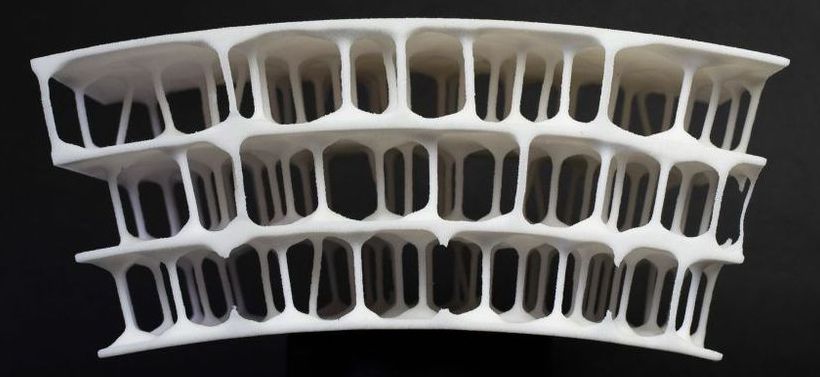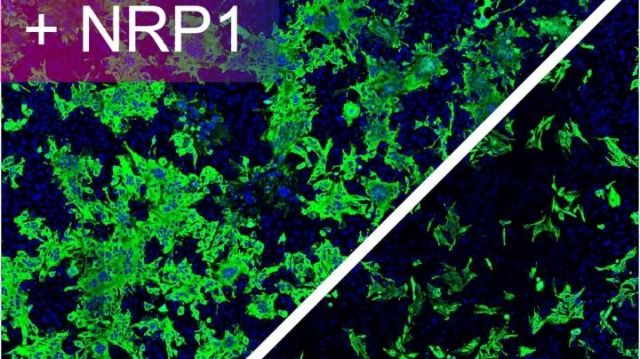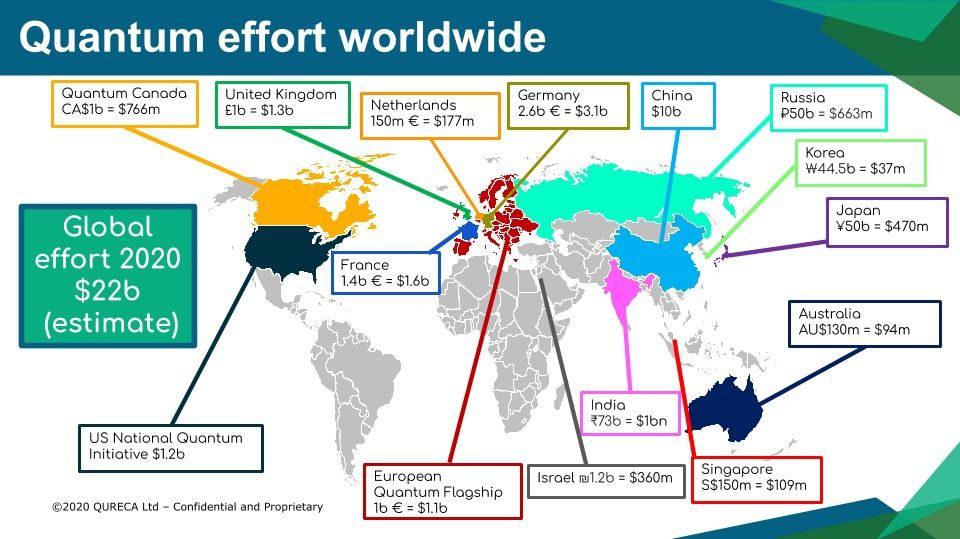
You’ve probably heard us say this countless times: GPT-3, the gargantuan AI that spews uncannily human-like language, is a marvel. It’s also largely a mirage. You can tell with a simple trick: Ask it the color of sheep, and it will suggest “black” as often as “white”—reflecting the phrase “black sheep” in our vernacular.
That’s the problem with language models: because they’re only trained on text, they lack common sense. Now researchers from the University of North Carolina, Chapel Hill, have designed a new technique to change that. They call it “vokenization,” and it gives language models like GPT-3 the ability to “see.”
It’s not the first time people have sought to combine language models with computer vision. This is actually a rapidly growing area of AI research. The idea is that both types of AI have different strengths. Language models like GPT-3 are trained through unsupervised learning, which requires no manual data labeling, making them easy to scale. Image models like object recognition systems, by contrast, learn more directly from reality. In other words, their understanding doesn’t rely on the kind of abstraction of the world that text provides. They can “see” from pictures of sheep that they are in fact white.



